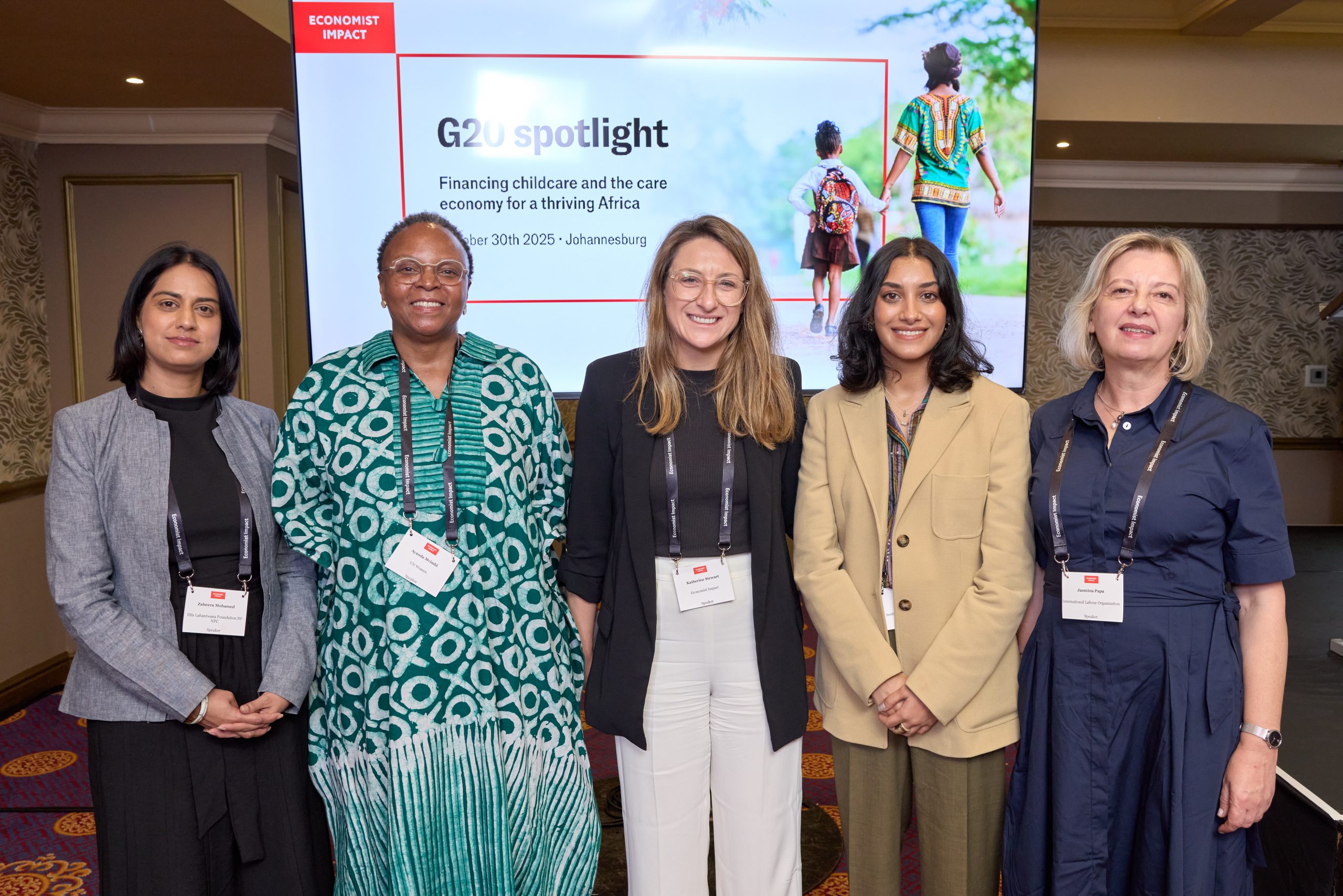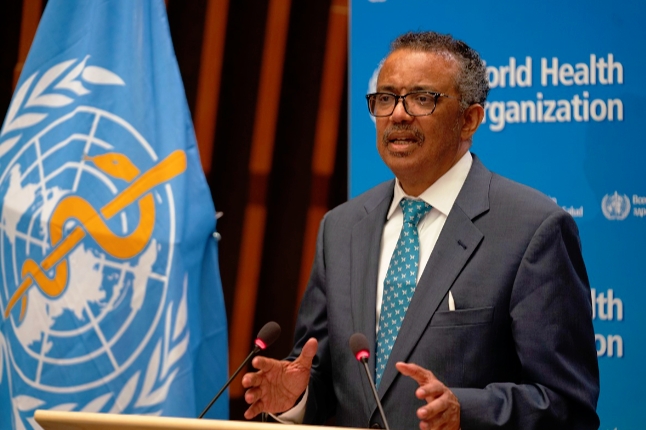NAKURU, Kenya August 5th— Civil society organisations meeting in Nakuru this week have sent a stark warning that Kenya’s fight against drug-resistant tuberculosis is on the edge of crisis.
Unless urgent action is taken to expand access to diagnostics, medicines and sustainable financing, thousands of lives will continue to be lost every year.
The workshop, facilitated by the Kenya Legal and Ethical Issues Network on HIV and AIDS, brought together advocates, TB champions, survivors and technical experts from across the country.
Participants were united in one demand: communities must be placed at the heart of Kenya’s TB response.
“If we do not invest in people and in communities, we will keep treating statistics instead of saving lives,” said a delegate from Western Kenya.
The Nakuru meeting formed part of the Community Driven Approaches for Transformative Change to Combat Drug-Resistant Tuberculosis, better known as the COMBAT DR TB project.
This initiative, funded by Unitaid and led in Kenya by KELIN, seeks to cut illness and deaths caused by drug-resistant TB by ensuring timely access to shorter, all-oral regimens recommended by the World Health Organisation.
It focuses on ten high-burden counties, including Nairobi, Nakuru, Mombasa and Meru, where it strengthens partnerships between the National TB Program, community networks and civil society.
“The uniqueness of this project is that it gives the community a voice and the power to hold the system accountable,” said one TB champion.
A key feature is the use of community-generated data to guide policy and improve accountability, moving beyond reliance on facility statistics alone. Running from 2025 to 2028, the COMBAT DR TB project is part of a global effort in six countries to secure equitable access to quality treatment and care. Kenya remains among the world’s 30 high-burden TB countries.
“In 2022, the country recorded 133,000 new TB cases, yet fewer than 1,000 patients were diagnosed and treated for drug-resistant TB. Treatment coverage is stuck at just 58 percent, leaving thousands undiagnosed, untreated and at risk of death. The numbers are staggering. Kenya treats barely half of those who develop drug-resistant TB each year. That is a silent emergency,” said another participant.
The rollout of WHO-recommended shorter regimens such as BPaL and BPaLM has been painfully slow, while stockouts of medicines continue to frustrate both patients and health workers.
The barriers to care are wide-ranging. Chronic underfunding of TB programs and reliance on donors have left services fragile. Patients face catastrophic costs for transport, food and lost income that make treatment nearly impossible to sustain.
Many remain excluded from government health insurance schemes such as SHIF and UHC, leaving families to shoulder impossible financial burdens.
“It is not enough to provide medicines,” said a Community Health Promoter from Kisumu. “Patients cannot take pills on an empty stomach or when they cannot afford bus fare to the clinic.”
Health facilities, particularly in rural and peri-urban areas, often lack the capacity to diagnose or manage drug-resistant TB. Frequent drug stockouts and supply chain weaknesses disrupt continuity of care.
Community health workers and promoters are eager but undertrained to manage TB at the household level. Meanwhile, stigma and discrimination keep many patients hidden, delaying care until it is too late.
“We are still losing lives because people fear being shunned more than they fear the disease itself,” said a TB survivor.
Despite these challenges, the Nakuru meeting showcased hope and solutions. Advocates called for a major increase in domestic TB funding with ring-fenced budgets at both national and county levels.

They demanded that social support such as nutrition, transport and income protection be integrated into Kenya’s universal health package so that no patient is forced to choose between survival and bankruptcy. They pressed for stronger supply chain systems to eliminate drug shortages and ensure continuity of treatment.
Participants insisted that Kenya must adopt patient-centred and community-led models of care, including home-based support, to reduce stigma and financial barriers. They called for fast tracking of WHO-approved shorter regimens and rapid diagnostics.
They emphasised the need for formal inclusion of civil society, TB survivors and community voices in policy making at every level, from the National TB Program to county TB forums.
“Decisions about our lives cannot be made without us,” said a survivor leader. Scaling up anti-stigma campaigns and amplifying the voices of survivors were seen as critical to encouraging early care seeking and treatment adherence.
The shrinking of donor support made the discussions even more urgent. Civil society leaders are now calling on Parliament and county assemblies to safeguard TB funding as a constitutional right to health.
“Kenya cannot outsource its responsibility to save its citizens. Domestic financing is the lifeline,” argued one advocate. Without it, the gains made against TB over the past decade could unravel.
Kenya has reduced TB deaths by 42 per cent since 2015, a remarkable achievement. But drug-resistant TB remains a ticking time bomb that threatens to stall progress.

The message from Nakuru was unambiguous. The fight will be won or lost depending on whether Kenya secures sustainable financing and embraces community-led solutions.
Ending drug-resistant TB is not only about rolling out new medicines. It is about political will, financial justice and putting communities at the very centre of the response. Anything less will leave too many Kenyans behind.
Now the responsibility lies with decision makers. Parliament must urgently increase budgetary allocation for TB, county governments must ring-fence funds and integrate social protection, and donors must continue to bridge critical gaps while Kenya builds its domestic response.
If leaders act with courage, Kenya can stop drug-resistant TB from stealing more lives. If they fail, history will remember that the crisis was preventable. The time to act is now.
Erick Okioma is the Vice Chair of the Network of TB Champions Kenya and a long-standing TB/HIV grassroots advocate based in Kisumu.



